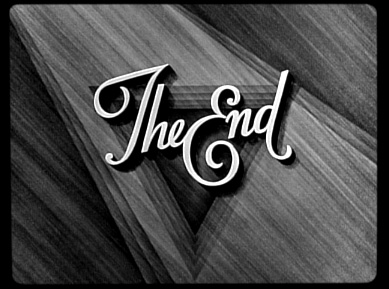Thursday, August 30, 2012
the publishing process
Wednesday, August 29, 2012
Phew! The End!
Suffice, to say, I don't recommend this process. BUT I do recommend doing whatever works for you. My methods are inefficient, but they work for me.
So now, I can rest on my laurels, right? Nope. I have to work on the synopsis and query for this project and update my webpage.
And then there are those other projects I've been working on...

Good luck with your WIPs!
Tuesday, August 21, 2012
lay and lie
The most common verb forms of lay are:
lay (present), laid (past), laid (past participle) and laying (present participle).
While the most common verb forms of lie are:
lie (present), lay (past), lain (past participle) and lying (present participle).
Furthermore, lay means to place something or to put something on something, while lie means to recline. In other words, "lay" means the subject is acting on something or someone else, and so must take a direct object. But, "lie" means the actor is doing something to herself, and so is a complete verb.
So, as someone who usually writes in past tense, and often has her characters recline, I need to remember lay! How about you? Do you lie? lay? get laid? :)
Why do I have so much trouble remembering this? It's a mystery.
Good luck with your own grammatical conundrums. :)
Tuesday, August 14, 2012
writers emotions
I've never seen so many tears at a conference! A lot of the tears were from the authors themselves when they shared their pieces--several of which were inspired by real life experiences. I myself wasn't immune. Of course, when writing is emotional and when writers are emotional, it does tend to be a bit contagious. Also, there were some tears during the panel when the question was raised if writing is "worth it" when success is so elusive. All writers wrestle with this question. I'll leave it as an exercise for the reader to define "success" in way that enables him/her to keep writing.
But bigger picture... It's imperative for writers to bring emotion to their work. It's difficult to evoke emotion in the reader if there's no emotion on the page. I know for my part, the pieces I got emotional while writing were the ones that sold.
So, good luck being emotional!
Tuesday, August 7, 2012
critique is rough
Generally, I think I do a good job following these rules. However, you can't always be positive, IMHO. When there's something not working in a piece I think it's important to point it out. It can be challenging to express these issues in a sensitive and polite way. I do not always succeed in being sensitive and polite but I do always mean well. Mea culpa. I am working on this.
I sincerely want the author to write their best story and sell it!
On the other side of the coin, getting critique is rough. Often a writer's first novel is quite autobiographical but critique of writing is always just that, critique of writing--not critique of the author. I hate to say it but getting published is tough and most authors get many rejections before their successes. A thick skin is as important to an author as a word processor!
Do you have any tips for giving or getting critique?
